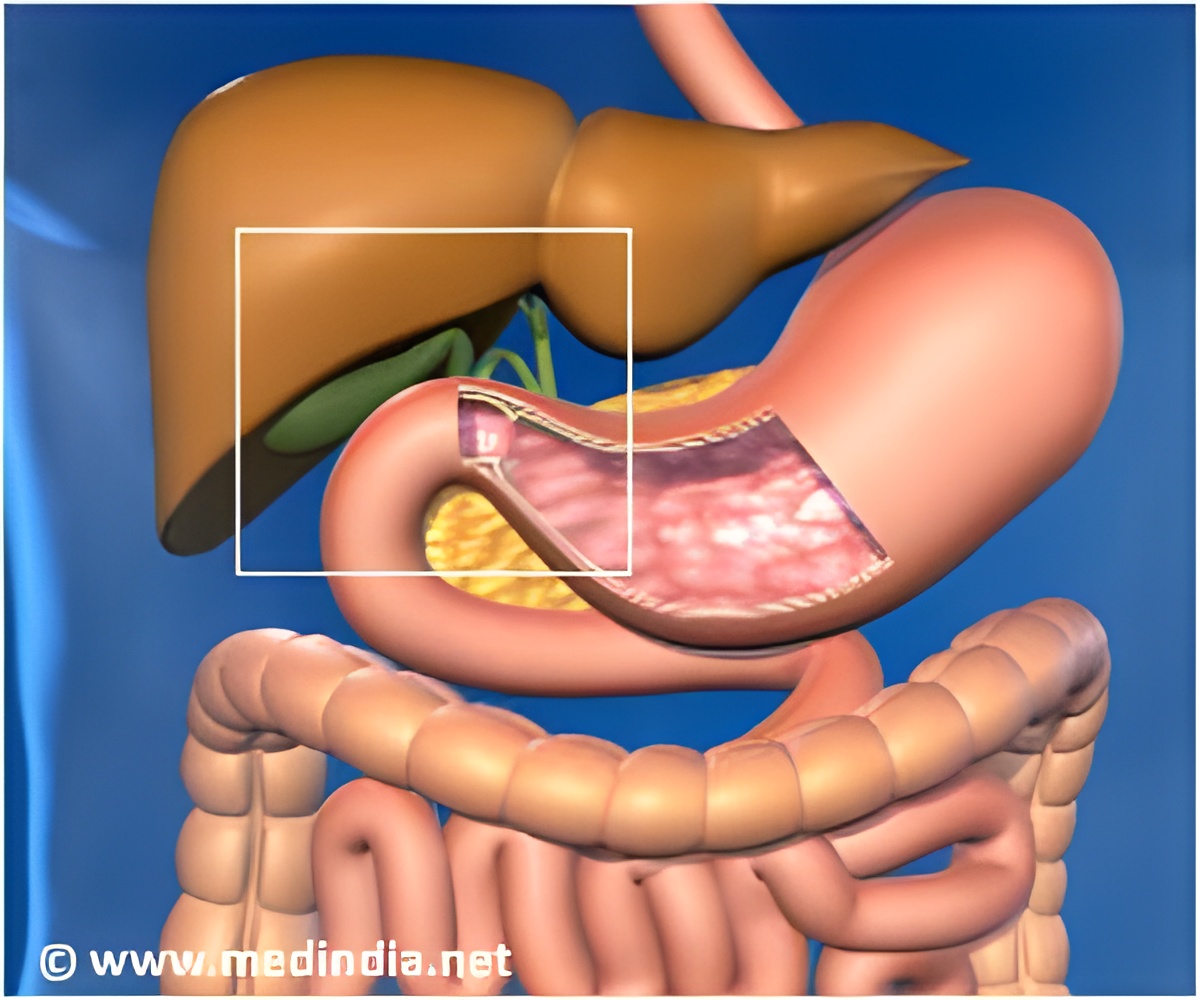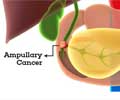Personalized drug treatments are being done for patients suffering from cholangiocarcinoma using genomic sequencing technologies by physicians at the Mayo Clinic

Half of the patients treated in this study responded to either ponatinib (typically used for certain types of leukemia) or pazopinib (a kidney cancer drug), depending on the genetic alterations identified through sequencing.
"In 3 out of the 6 patients we analyzed, we found compelling, treatable and unexpected genetic alterations that would never have been found by normal testing methods for cholangiocarcinoma," says Mitesh Borad, M.D., a Mayo Clinic oncologist and lead author of the paper. "We treated these three patients with drugs that attack these genetic alterations and saw tumor shrinkage. This gives us hope for better treatments for this aggressive, hard-to-treat cancer."
Because of these encouraging early results, the team of 49 doctors and researchers proposes large-scale clinical trials to test EFGR and FGFR inhibitors as possible treatments for biliary tract cancers that harbor mutations in these genes and pathways.
"Our results demonstrate that if we find the right molecular context, more appropriate therapies can be chosen that improve outcomes," says John Carpten, Ph.D., TGen deputy director of basic science and director of TGen''s Integrated Cancer Genomics Division, and the study''s senior author. "We now hope to design larger clinical studies to treat patients'' tumors harboring these novel genomic aberrations to further explore the precise extent of clinical benefit for patients with primary or advanced cholangiocarcinoma."
Bile duct cancer is a rare cancer that occurs mostly in people older than age 50. Surgical approaches, such as resection and liver transplantation, represent the only curative treatment approaches, says Dr. Borad. Most patients, however, present with surgically unresectable or metastatic disease at the time of diagnosis. Standard-of-care chemotherapies are not curative and there is an unmet need for newer approaches, Dr. Borad adds.
Advertisement
About Mayo Clinic
Recognizing 150 years of serving humanity in 2014, Mayo Clinic is a nonprofit worldwide leader in medical care, research and education for people from all walks of life.
Advertisement
The Mayo Clinic Center for Individualized Medicine is home to the Individualized Medicine Clinic, the world''s first integrated, multidisciplinary genomics clinic, serving patients with advanced cancer and complex diagnoses. The center discovers and integrates the latest in genomic, molecular and clinical sciences into personalized care for each Mayo Clinic patient.
About TGen
Translational Genomics Research Institute (TGen) is a Phoenix, Arizona-based non-profit organization dedicated to conducting groundbreaking research with life changing results. TGen is focused on helping patients with cancer, neurological disorders and diabetes, through cutting edge translational research (the process of rapidly moving research towards patient benefit). TGen physicians and scientists work to unravel the genetic components of both common and rare complex diseases in adults and children. Working with collaborators in the scientific and medical communities literally worldwide, TGen makes a substantial contribution to help our patients through efficiency and effectiveness of the translational process.
Source-Newswise














